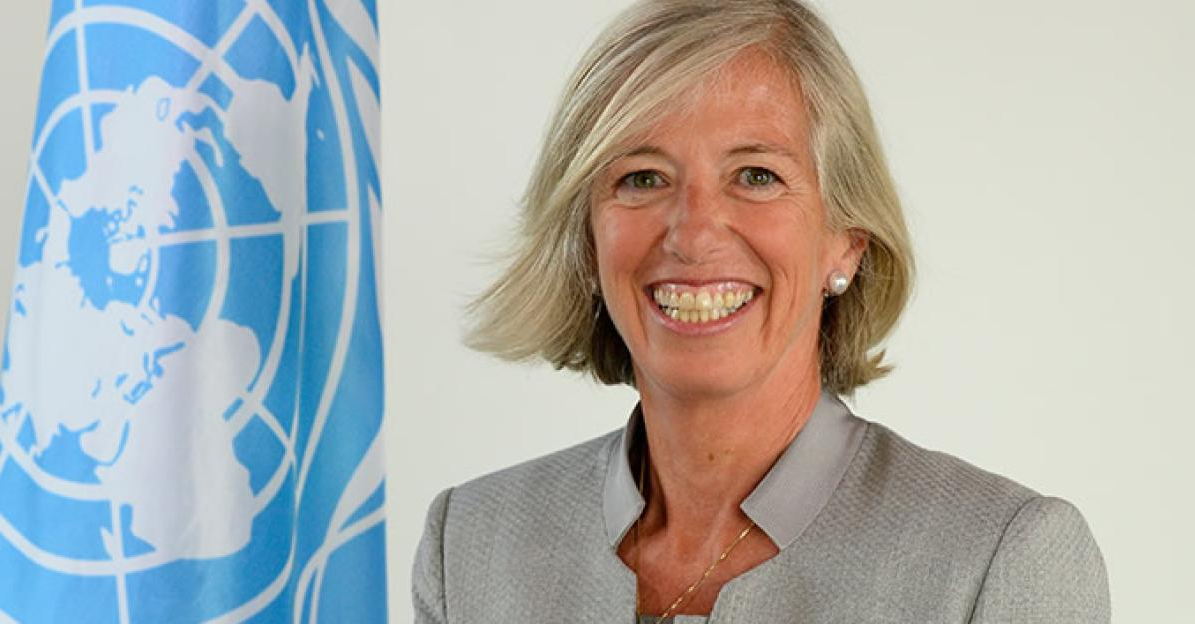
Stefanía Giannini
By: Roberto Morejón
Cuban teachers and professors are pleased to receive international recognition for their national education system, which today, like the rest of the country, suffers from material shortages, but insists on making education a human right.
At a recent international congress of educators in Havana, the UNESCO Assistant Director General, Stefanía Giannini, recognized the contribution of the Antillean education system to peace and sustainable development.
Other guests, as well as academic and popular organizations and personalities, praised what the United Nations Educational, Scientific and Cultural Organization official called the Caribbean nation's commitment to equity, inclusion and international cooperation.
Today, the "Yo sí puedo" (Yes, I can) program, which is present in up to 30 countries, helps low-income people learn to read and write using a method developed by an illustrious Cuban educator.
In this archipelago, equitable access to technological development, knowledge, innovation and technology is maintained in harmony with the environment.
In order to achieve this, the State allocates significant portions of the national budget to education, even though not all the needs of schools and students can be met due to the restrictions imposed by the U.S. blockade and Cuba's inclusion in an illegitimate list of state sponsors of terrorism.
In Cuba, where the high standards of its universal and free education system persist, teachers and students overcome the limitations of school supplies, transportation and other limitations of schools.
In the largest of the Antilles, where the improvement of the national educational system is being maintained, the negative traces of the Covid-19 pandemic are still being left behind and efforts are being made to reduce the dropout rate.
The Ministry of Education is working to ensure that all classrooms have teachers, a deficit that has been partially offset by the return of retired and contracted teachers from other areas.
In spite of the material setbacks, Cuba is working to strengthen the educational model, assimilate new experiences in the teaching profession, and integrate the formation of a critical citizen.
And the need for teachers, with the support of families, to broaden the teaching of essential values such as decency, honesty and respect, and even for the school to become a key point of culture in communities, continues to provoke debates in society.

